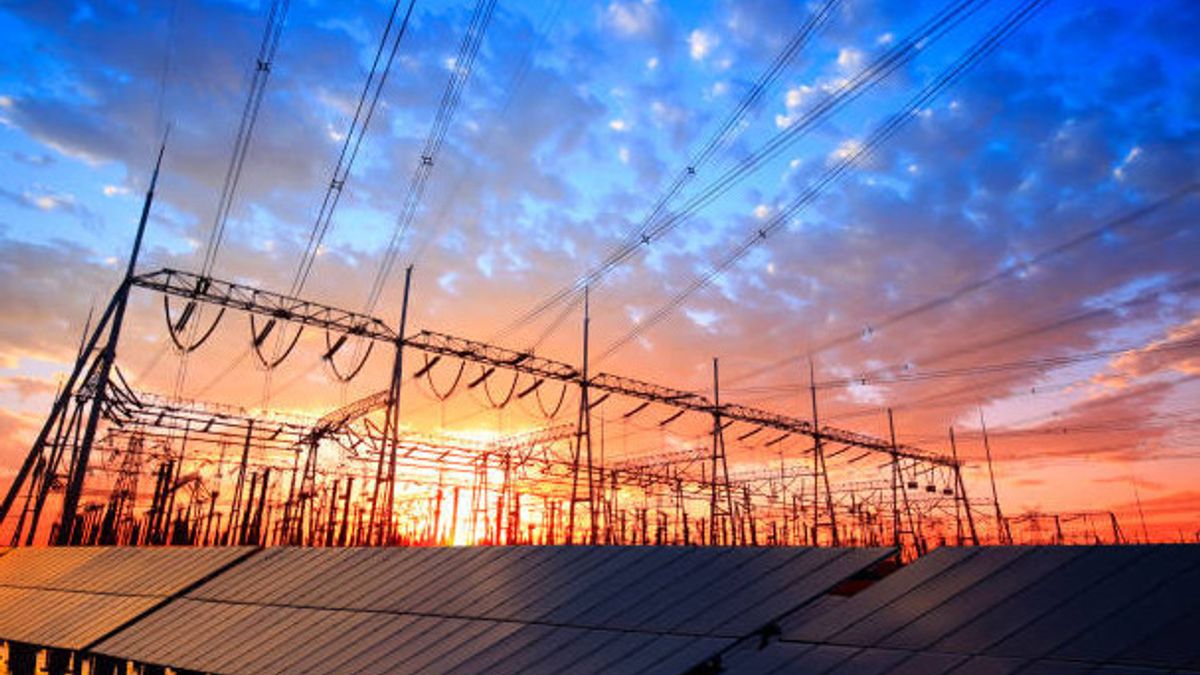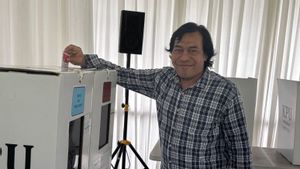JAKARTA - The Japanese government projects that the country's electricity output needs will increase by 35% to 50% by 2050. This increase is driven by growing demand from semiconductor factories and data centers supporting artificial intelligence (AI). This is known according to government documents published on Monday, May 13.
Electricity output is expected to rise from 1 trillion kilowatt-hours (kWh) projected for the decade to around 1.35-1.5 trillion kWh by 2050 to meet demand. This is due to the construction of more data centers, chip factories, and other businesses that require high energy consumption.
This increase in demand will be the first in 20 years and requires massive investment in electric resources, the document said. Without increasing renewable energy output, stable electricity supply could become uncertain, the government added, as they began designing new strategies on decarbonization and industrial policies planned for completion by the end of March 2040.
SEE ALSO:
Japan, which relies heavily on fossil fuel supplies from the Middle East, last year passed legislation aimed at promoting decarbonization investment worth more than 150 trillion yen (Rp15.5 quadrillion) in the public and private sectors for 10 years.
The country relies on next-generation solar cells known as perovskite solar cells, floating offshore wind fields, reactivating nuclear power plants, and introducing next-generation reactors to meet the demand, according to the document.
The English, Chinese, Japanese, Arabic, and French versions are automatically generated by the AI. So there may still be inaccuracies in translating, please always see Indonesian as our main language. (system supported by DigitalSiber.id)


















